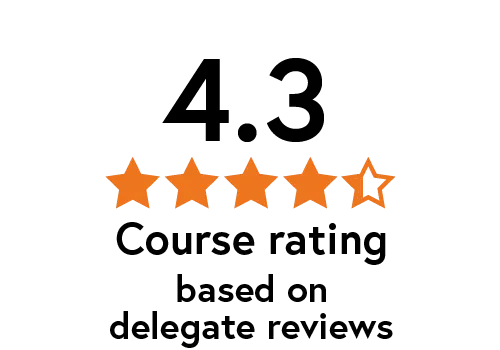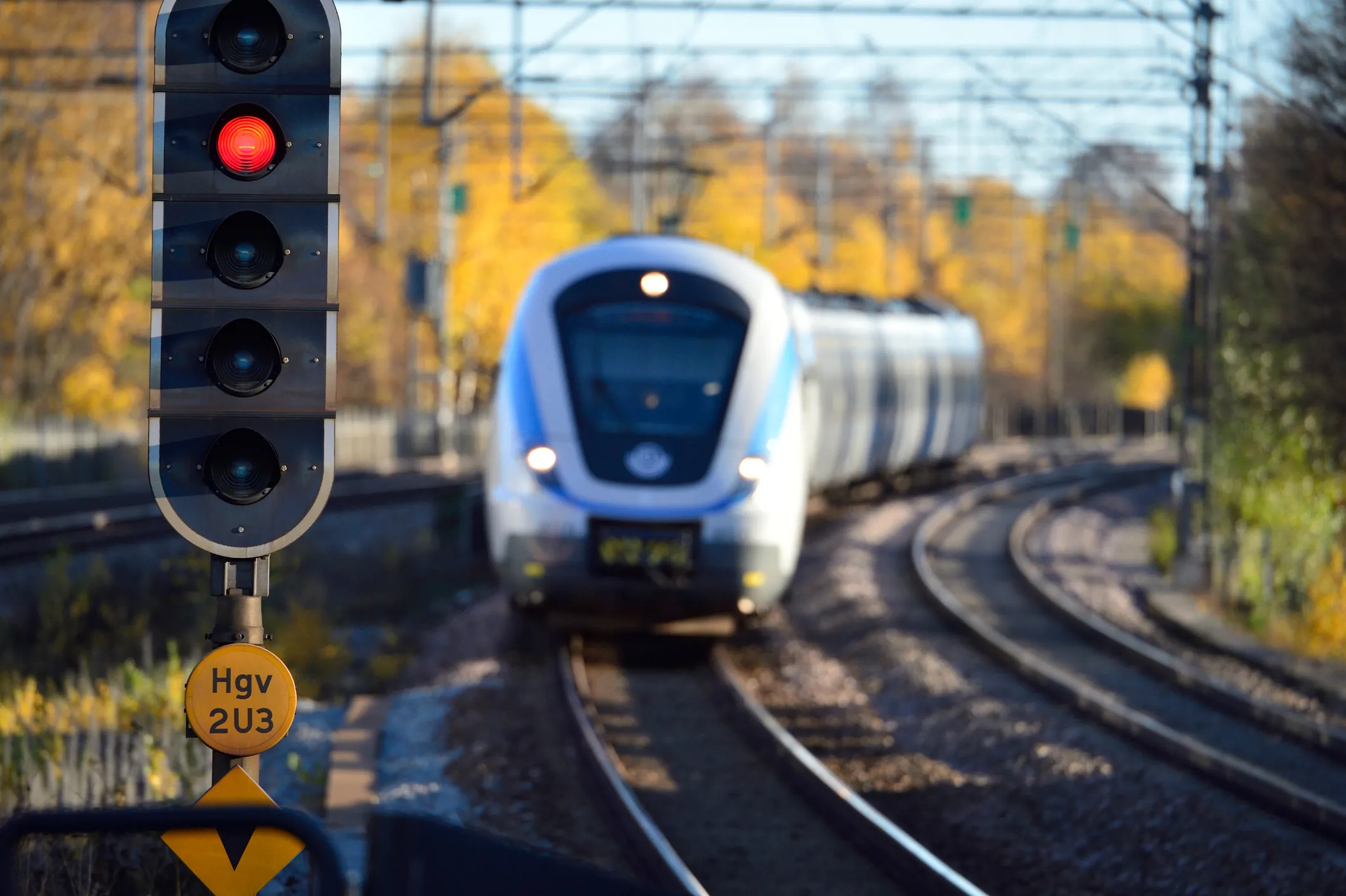
Railway Electrification Infrastructure and Systems (REIS) training course
The course has now taken place
Date and location
14 – 15 May 2024, Live virtual session, together with the
21 – 23 May 2024, in-person session at Stevenage, UK
IET member:
£1660
Non-member:
£2135
Successfully electrify our railways
The IET’s Railway Electrification Infrastructure and Systems (REIS) course is a flexible 5-day technical training programme spread over two weeks, covering the technical knowledge and practical skills needed to improve the performance of your electrification projects.
Our Railway Electrification Infrastructure and Systems (REIS) training course has now ended. Thank you for attending. Our next course date will be updated soon.
For more courses on rail, please be sure to check out our Railway Signalling technical Course in October, and our Railway Earthing and Bonding technical course which will be in November 2024.
At a glance
Duration: five days
CPD hours: 40
UK-SPEC: A,B,E

Mapped against UK-SPEC competencies: A, B and E
Competence A: Knowledge and understanding
For Chartered Engineers: “use a combination of general and specialist engineering knowledge and understanding to optimise the application of advanced and complex systems.”
For Incorporated Engineers: “Use a combination of general and specialist engineering knowledge and understanding to apply existing and emerging technology”
For Engineering Technicians: “Use engineering knowledge and understanding to apply technical and practical skills.”
Competence B: Design, development and solving engineering problems
For Chartered Engineers: “apply appropriate theoretical and practical methods to analyse and solve engineering problems.”
For Incorporated Engineers: “apply appropriate theoretical and practical methods to design, develop, manufacture, construct, commission, operate, maintain, decommission and recycle engineering processes, systems, services and products.”
For Engineering Technicians: “shall contribute to the design, development, manufacture, construction, commissioning, decommissioning, operation or maintenance of products, equipment, processes, systems or services”
Competence E: Professional commitment
For Chartered & Incorporated Engineers: “demonstrate a personal commitment to professional standards, recognising obligations to society, the profession and the environment.”
Engineering Technicians: “shall demonstrate a personal commitment to an appropriate code of professional conduct, recognising obligations to society, the profession and the environment.”
Don't just take our word for it…
"This is an excellent way of gaining some broad insights into railway electrification very rapidly and drawing on decades of personal experience from knowledgeable speakers."
"Very through and enjoyable course covering multiple aspects of the railway in depth which can be applied to your projects straight away."
"This was a fantastic course ran by industry experts. The content was clear and demonstrated effectively the complexity of railway electrification across several disciplines including design, electrification and test engineers."




